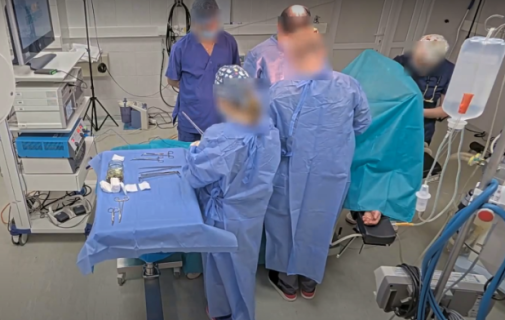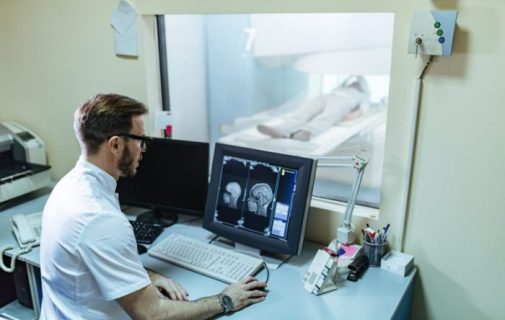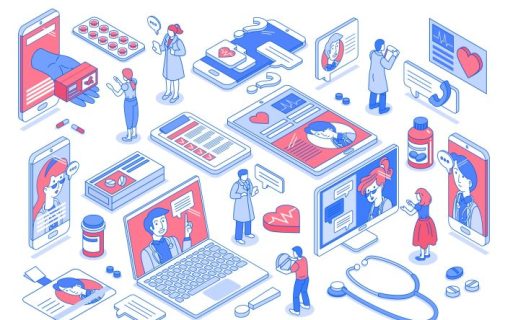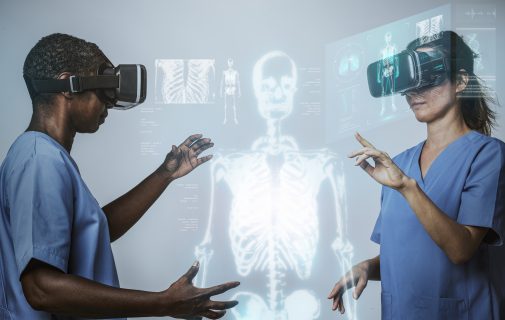 2023 AI Trends in Healthcare
2023 AI Trends in Healthcare
According to PwC, Artificial intelligence’s contribution to the global economy by 2030 will be an astonishing $15.7 trillion. AI is quickly conquering many industries, and healthcare is no exception. It is seeing a significant shift into more cost-efficient solutions like virtual care and AL/ML applications which will assist doctors in their routine tasks.
So how should healthcare companies optimize their AI investments? What is the best way to benefit from new developments without wasting their funds? Let’s take a look at the most promising AI trends in the healthcare industry which most likely will see the highest growth in 2023.
Trend #1: AI-assisted radiology
During the pandemic, radiologists were overwhelmed with work as the number of patients skyrocketed. This resulted in the creation of several AL/ML models which could assist doctors with some routine tasks like differentiating COVID and non-COVID pneumonia on chest X-rays.
Applications that aim to save the time of radiologists and improve reporting quality are on the rise now. No wonder this situation will be positively evolving over the upcoming years. Using AI to improve hospital experience for both doctors and patients is now used not only in radiology. It is rapidly developing in ophthalmology, dermatology, and other imaging-related disciplines.
Trend #2: Improved surgical procedures
Safer and smarter surgeries are becoming reality with the help of robotic assistants. They show more flexibility and higher precision compared to the surgeons and minimize the errors that can be made by doctors during the procedure.
Robotic surgery also gives opportunities for remote operations. Robot-assisted surgeries might be a valuable alternative if doctors aren’t available physically or if the social distance is necessary.
Trend #3: Increased number of healthcare mobile applications with AL/ML algorithms
Wouldn’t it be great to take a picture of a suspicious nevus and get an instant result on whether this nevus is a melanoma? Or get a consultancy from an intelligent symptom checker? Or maybe try an AI-powered mental health aide?
Healthcare mobile apps are on the rise and the trend doesn’t seem to slow down in the upcoming year. AI-based apps are revolutionizing the healthcare industry. They give patients more insights into their well-being, and, at the same time, free doctors for more complex cases, decrease their workload and, ultimately, burnout.
What is the most crucial part of all the above trends?
The answer to this question is very easy and complex at the same time – it is healthcare data. Training and testing of healthcare AI/ML algorithms require massive amounts of diverse high-quality medical images and/or video.
According to a 2019 article in Nature Medicine, healthcare generates around 150 exabytes of data a year, growing around 48% annually. On the other hand, MIT Sloan reports that poor data quality is estimated to cost companies an impressive 20% of revenue.
Often medical data for software development from third-party vendors is of poor quality or diagnostic accuracy, incomplete or noisy. No wonder this leads to the development of inaccurate or unreliable ML models. To get the AI/ML algorithms to work properly, one needs to have a reliable vendor for medical data collection.
medDARE is a trusted partner that provides high-quality datasets for AI training. We work with startups and big international corporations across Europe, and deliver to them tailored datasets of images and videos for their research needs.
Artificial intelligence will continue to play an increasingly important role in the healthcare industry over the upcoming years. No need to slow down its development with poorly organized medical datasets.

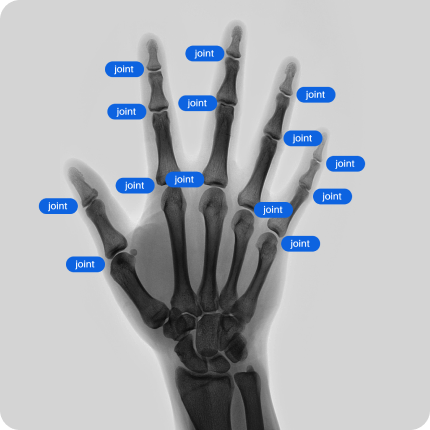
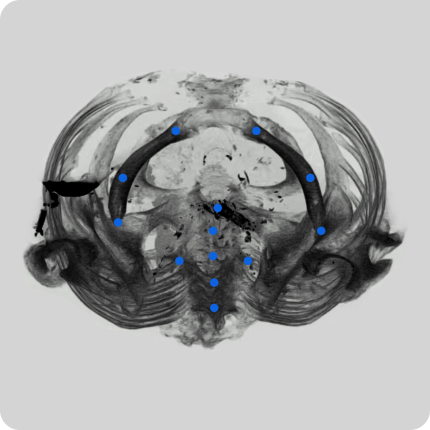
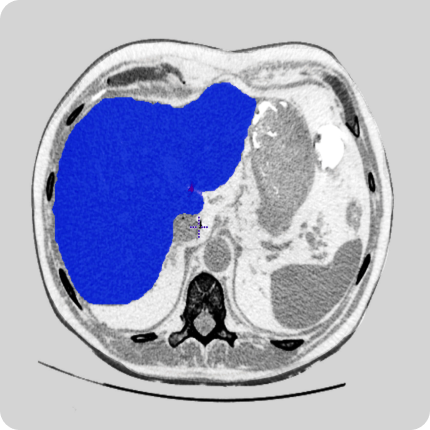




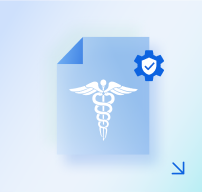






 2023 AI Trends in Healthcare
2023 AI Trends in Healthcare




